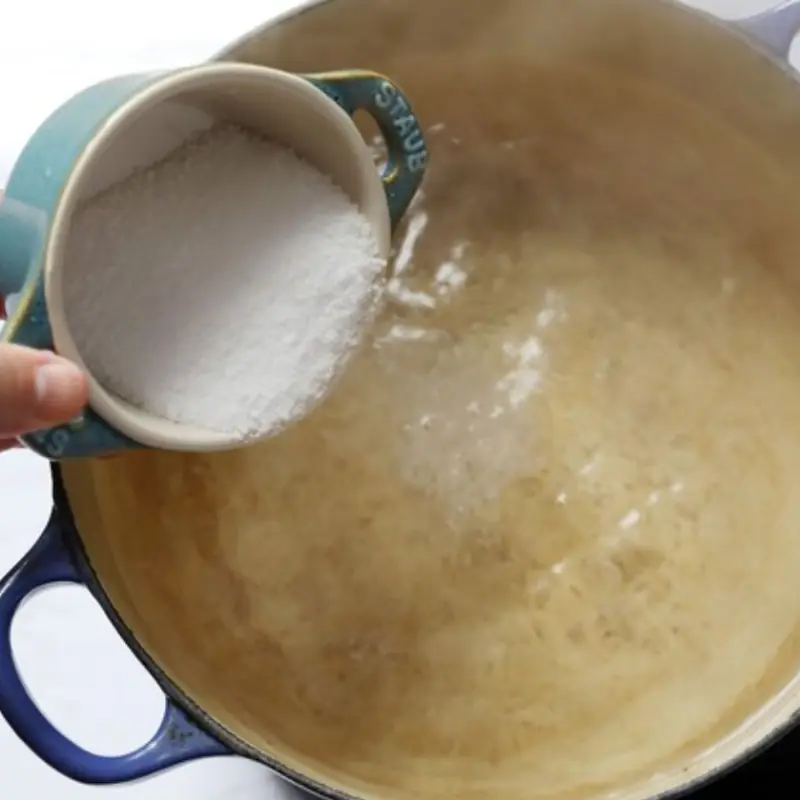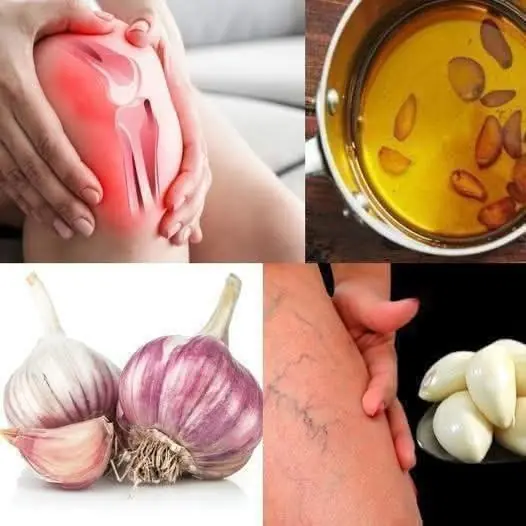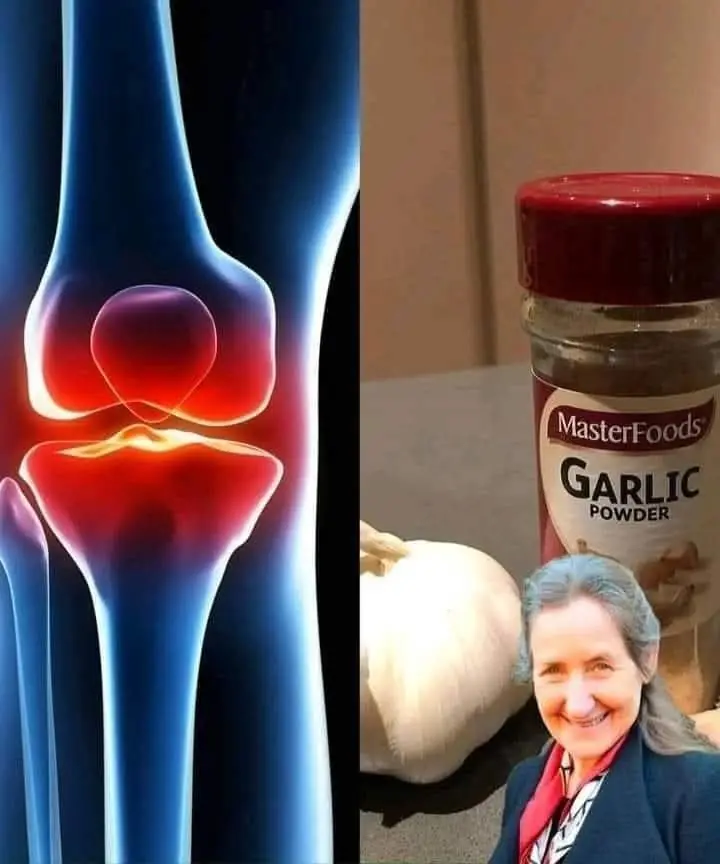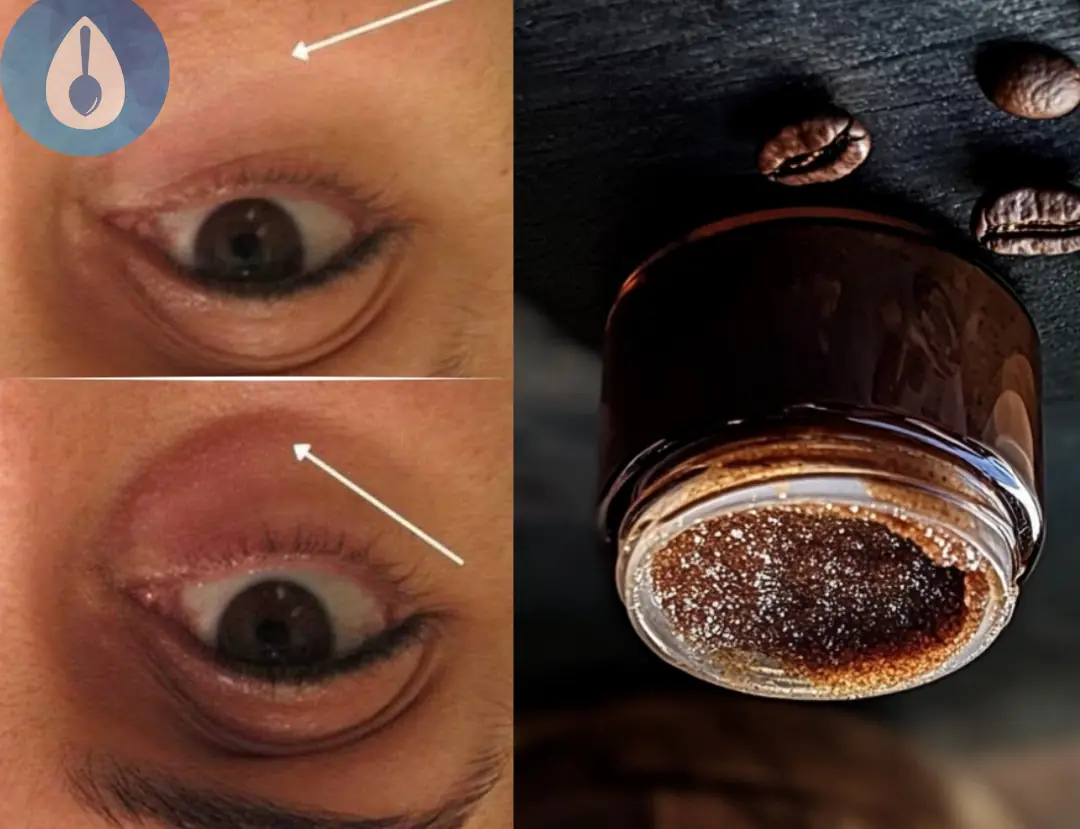3 Groups of People Who Should Limit Sweet Potatoes, Despite Their Nutritional Value
Can everyone safely and comfortably enjoy sweet potatoes? The answer is: not always. While sweet potatoes are indeed a nutritious food, there are certain groups of people who should consume them with caution.

1. People with Kidney Disease Should Limit Sweet Potatoes
Sweet potatoes are not necessarily harmful to people with kidney issues—they're rich in beta-carotene and vitamin C, antioxidants that can help protect kidney cells from damage. Additionally, the fiber in sweet potatoes helps regulate blood sugar and reduce inflammation, which is beneficial, especially for kidney patients who also have diabetes.
However, sweet potatoes are high in potassium. For individuals with impaired kidney function, the kidneys may not be able to remove excess potassium efficiently. This can lead to hyperkalemia, a potentially dangerous condition that may cause heart problems.
According to Herbalist Trần Đăng Tài, Vice President of the Traditional Medicine Association of Thái Hòa Town (Nghệ An), sweet potatoes are high in fiber, potassium, and vitamin A. Overeating sweet potatoes can cause excessive potassium buildup in the body. In people with poor kidney function, this can lead to difficulty excreting potassium, and excess potassium may cause cardiovascular issues like arrhythmia and heart weakness.
2. Sweet Potatoes May Cause Discomfort for People with Digestive Issues
Sweet potatoes contain complex carbohydrates and fiber. During digestion, these compounds can ferment in the gut and produce gas. For people with sensitive digestive systems—especially those with irritable bowel syndrome (IBS) or stomach ulcers—this fermentation process can cause bloating, indigestion, burping, and increased pressure in the stomach, resulting in discomfort.
Eating sweet potatoes on an empty stomach may also stimulate acid secretion. For individuals with stomach ulcers, this increased acidity can irritate the already damaged stomach lining, leading to burning sensations, stomach pain, acid reflux, and worsening of ulcers.
3. People with Diabetes Should Control Their Intake
Sweet potatoes can be part of a healthy diet for people with diabetes, but they should be eaten in moderation, and blood sugar levels should be monitored regularly.
Although sweet potatoes have a lower glycemic index (GI) than regular potatoes, they are still rich in carbohydrates. Diabetics need to manage their carbohydrate intake to maintain stable blood sugar levels. Overeating sweet potatoes can still cause blood sugar to spike.
When consumed alongside foods containing healthy fats and proteins, sweet potatoes can be part of a balanced meal that slows digestion and sugar absorption, reducing their impact on blood sugar.
According to Dr. Doãn Thị Tường Vi, a nutrition specialist, diabetics can reduce their rice intake and increase sweet potato intake during dieting phases. However, meals should still include protein-rich foods and fresh vegetables for balanced nutrition. Overweight individuals or those with heart disease should limit sweet potato consumption to 2–3 times per week.
4. How to Minimize Side Effects When Eating Sweet Potatoes
-
Choose the Right Type of Sweet Potato:
-
Purple sweet potatoes are highest in antioxidants.
-
White sweet potatoes are mildly sweet and less sugary than orange or purple varieties.
-
Yellow sweet potatoes contain slightly more sugar than white ones.
-
Honey sweet potatoes are rich, soft, and have a high sugar content.
-
-
Eat in Moderation:
Limit intake to 1–2 medium-sized sweet potatoes (around 200–300g) per day. Eat sweet potatoes 2–3 times per week rather than daily. -
Avoid Eating on an Empty Stomach:
Eating sweet potatoes on an empty stomach can cause acid reflux and bloating due to increased stomach acid production. -
Don’t Eat Late at Night:
Metabolism slows down in the evening, which may lead to indigestion and excess calorie storage. It's best to eat sweet potatoes before 8 PM. -
Pair with Protein and Healthy Fats:
This helps balance your diet and supports better absorption of vitamin A. -
Boil or Steam Instead of Frying:
The healthiest way to eat sweet potatoes is by boiling or steaming. Avoid frying or adding sugar. Fried sweet potatoes are high in calories and can raise blood sugar levels.
Sweet potatoes are nutritious and can offer many health benefits when consumed wisely. However, people with kidney problems, digestive sensitivities, or diabetes should be especially mindful of how much and how often they eat them. By making informed choices, you can still enjoy sweet potatoes as part of a healthy and balanced lifestyle.



























